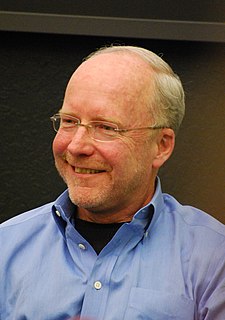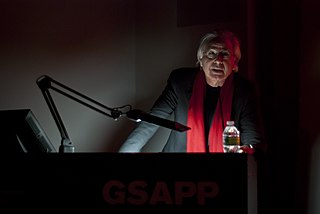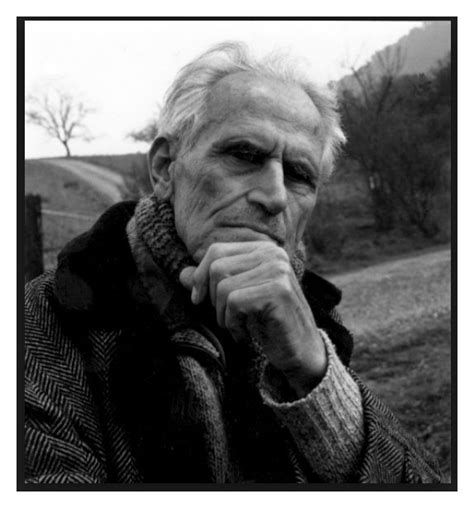A Quote by Leo Buscaglia
I would not want to form a partnership with an architect who has only a little knowledge of building or a broker who has a limited knowledge of the stock market. Still, we form what we hope to be permanent relationships in love with people who have hardly any knowledge of what love is.
Related Quotes
It is easy to see, though it scarcely needs to be pointed out, since it is involved in the fact that Reason is set aside, that faith is not a form of knowledge; for all knowledge is either a knowledge of the eternal, excluding the temporal and historical as indifferent, or it is pure historical knowledge. No knowledge can have for its object the absurdity that the eternal is the historical.
Despite popular theories, I believe people fall in love based not on good looks or fate but on knowledge. Either they are amazed by something a beloved knows that they themselves do not know; or they discover a common rare knowledge; or they can supply knowledge to someone who's lacking. Hasn't everyone found a strange ignorance in someone beguiling? . . .Nowadays, trendy librarians, wanting to be important, say, Knowledge is power. I know better. Knowledge is love.
We should not be content to say that power has a need for such-and-such a discovery, such-and-such a form of knowledge, but we should add that the exercise of power itself creates and causes to emerge new objects of knowledge and accumulates new bodies of information. ... The exercise of power perpetually creates knowledge and, conversely, knowledge constantly induces effects of power. ... It is not possible for power to be exercised without knowledge, it is impossible for knowledge not to engender power.
Many of those whose task it is to broker the truth of God to the people of God in the churches have now redefined the pastoral task such that theology has become an embarrassing encumbrance or a matter of which they have little knowledge; and many in the Church have now turned in upon themselves and substituted for the knowledge of God a search for the knowledge of self.
Julie Taymor. She is my gold standard of stage directors. I think she has a comprehensive knowledge of theatrical form, since she lived in Indonesia, Java, Japan and France. Her knowledge of form is limitless. Whenever I get painted in a corner, I think about what form she would use, because that is what she practices. It's about accessing the theater traditions of the whole world.
A broker who discovers an undervalued stock does not advertise it until he has bought a large enough quantity without letting the price go up. When the brokers' connection with a stock becomes public knowledge, it is usually a sure sign of manipulation and that the broker is seeking to drive up the price.
Most people in AI, particularly the younger ones, now believe that if you want a system that has a lot of knowledge in, like an amount of knowledge that would take millions of bits to quantify, the only way to get a good system with all that knowledge in it is to make it learn it. You are not going to be able to put it in by hand.
I would rather instill in my amateur students love, than knowledge, of music. Left with only knowledge, they will at the end close their books and consign the course to forgetfulness. But if they have learned to love but the smallest part of the art, they are likely to pursue some phase of it the rest of their lives.
Opportunism towards knowledge is a utilitarian demand that knowledge must be immediately practical. Just like with sociology where we hope its purpose is to serve society, however, the true purpose of sociology lies in its impracticality. It cannot become practical or else it loses its meaning. Perhaps we should learn a different kind of knowledge: the knowledge to question knowledge.



































